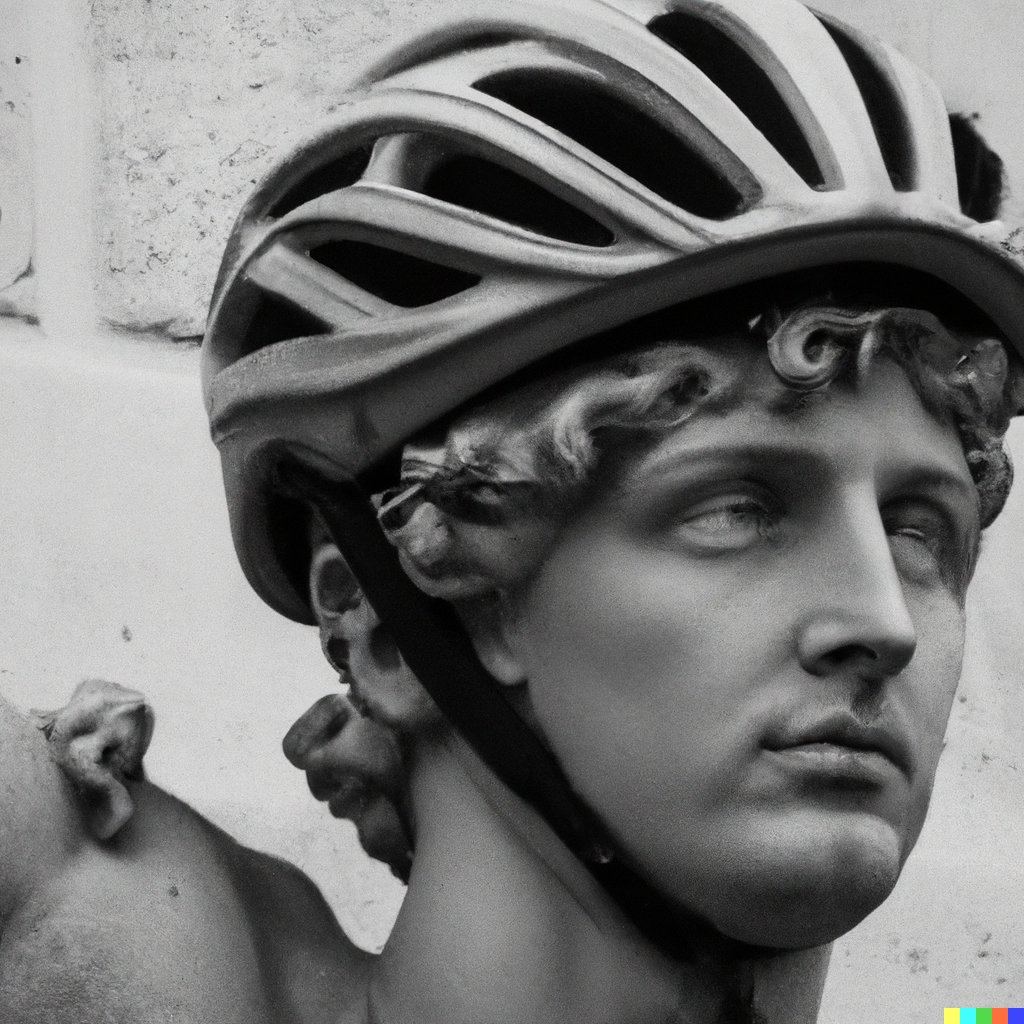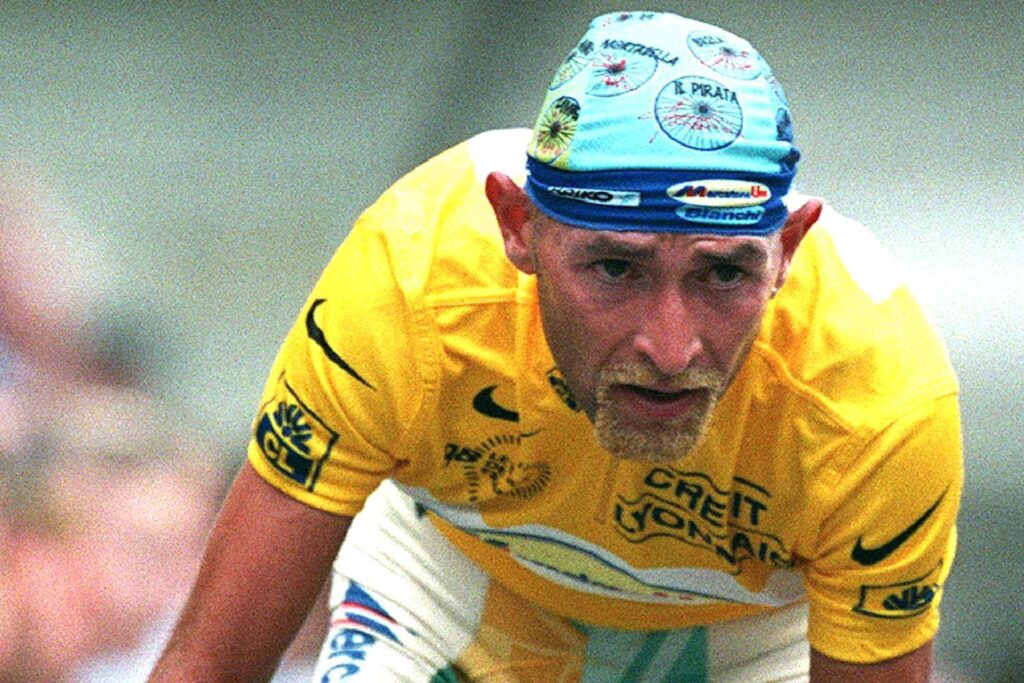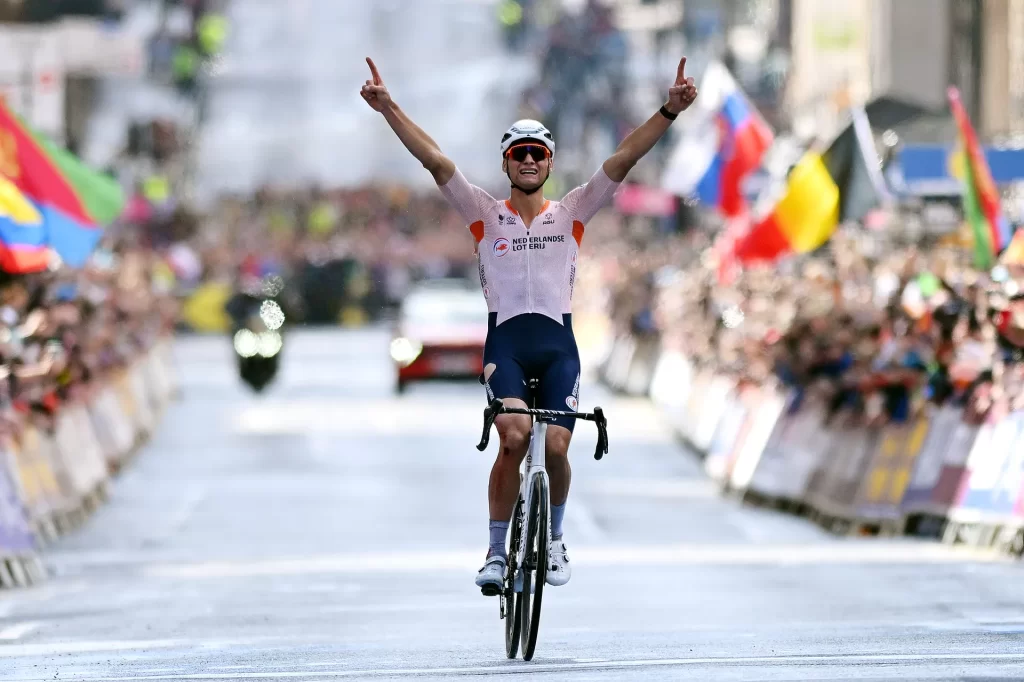The Challenges of Doping Control in Amateur Cycling Races

Performance-enhancing drugs have been a major issue in the professional cycling world for decades, with high-profile cases of doping scandals that have rocked the sport. However, doping is not limited to just the professional ranks, it is also an issue in amateur cycling races.
Doping control for amateur races presents several difficulties that are not encountered at the professional level. One of the most significant challenges is the cost of conducting testing. Doping control is an expensive process, and the cost of testing every participant in an amateur race can be prohibitive. This means that testing is often targeted at specific riders, either those who are deemed to be the most likely to be using performance-enhancing drugs or those who have had previous positive test results.
Another challenge is the logistics of testing. Unlike professional races, which are often staged in a single location, amateur races are held in many different locations, making it difficult to coordinate testing. There are also issues with sample storage and transportation. Samples must be stored in a secure location and transported to a laboratory for analysis, which can be challenging in remote areas or when races are held over multiple days.
There is also the issue of education. Many amateur cyclists may not be aware of the rules surrounding doping or may not understand the risks associated with using performance-enhancing drugs. This lack of knowledge can lead to inadvertent doping violations, which can result in penalties and suspension from racing.
Finally, there is the issue of enforcement. While most amateur cycling organizations have rules regarding doping, enforcement is often lax or non-existent. This can lead to a culture of acceptance of doping, which can be difficult to combat.
In conclusion, doping control in amateur cycling races presents several challenges, including cost, logistics, education, and enforcement. While these challenges can make it difficult to ensure a level playing field, it is essential that steps are taken to combat doping in all levels of the sport. This can include increased education, more stringent testing protocols, and greater enforcement of anti-doping rules.


